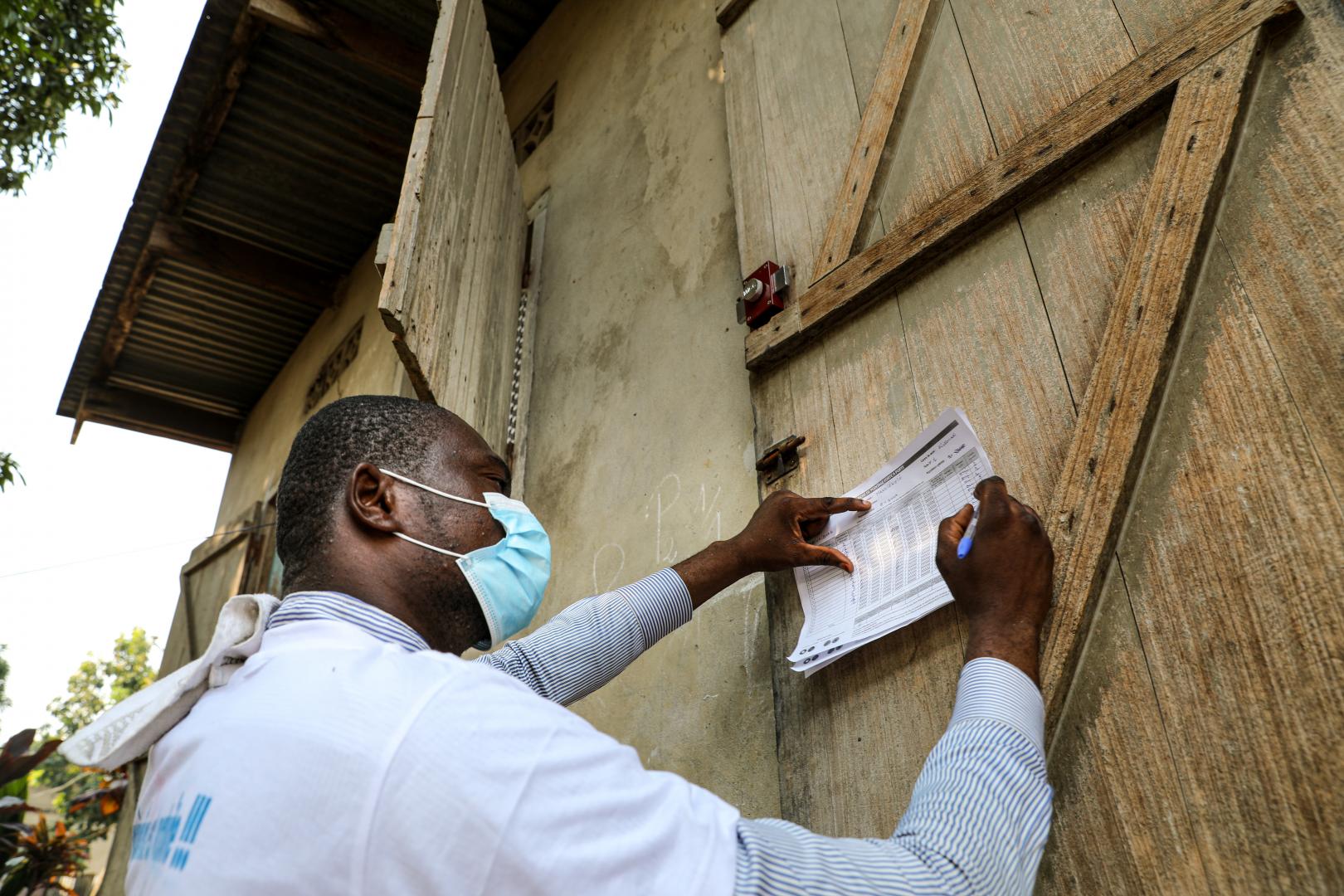Source: https://www.bnnbloomberg.ca/mozambiq...1992-1.1767489
1h ago
Mozambique Finds First Wild Polio Case in Country Since 1992
Antony Sguazzin, Bloomberg News
(Bloomberg) -- Mozambique has found a case of wild polio, the first in the country since 1992, just months after an infection was identified in neighboring Malawi, the World Health Organization said.
The case, identified in a child in the northeastern Tete province, is of the same strain as one that had been circulating since 2019 in Pakistan, which along with Afghanistan is the only nation where the paralysis-causing disease is endemic, the WHO said in a statement on Wednesday. The Malawian case was similar...
1h ago
Mozambique Finds First Wild Polio Case in Country Since 1992
Antony Sguazzin, Bloomberg News
(Bloomberg) -- Mozambique has found a case of wild polio, the first in the country since 1992, just months after an infection was identified in neighboring Malawi, the World Health Organization said.
The case, identified in a child in the northeastern Tete province, is of the same strain as one that had been circulating since 2019 in Pakistan, which along with Afghanistan is the only nation where the paralysis-causing disease is endemic, the WHO said in a statement on Wednesday. The Malawian case was similar...



Comment